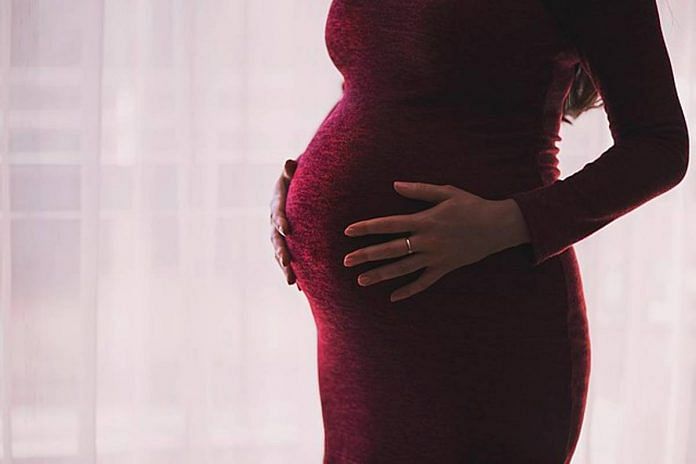New Delhi: The immune system of pregnant women suffering from anxiety is largely different from that of those who are not, according to a study conducted by researchers at Weill Cornell Medicine, Johns Hopkins University School of Medicine and Columbia University Irving Medical Center.
Exhibiting greater levels of cytotoxic T cells, which attack infected or compromised cells, pregnant women with anxiety also showed differences in the activity of immune markers that circulate in the blood.
This peer-reviewed research is the first-of-its-kind to assess how anxiety affects the course of immunological alterations during pregnancy and the postpartum period. Results were published in the scientific journal Brain, Behavior, and Immunity on 14 September 2022 and released on 2 March this year.
“The takeaway is that this is the first clear evidence that immune activity differs for pregnant women depending on their anxiety status. Knowing that there is immune system involvement is a first step toward understanding the biological factors related to anxiety in pregnancy, and a first step toward developing new treatments,” said Dr. Lauren M. Osborne, a reproductive psychiatrist and first author of the study in a statement. “We know that anxiety needs to be treated to ensure healthy outcomes for both mother and child.”
Anxiety during pregnancy and postpartum is not uncommon. According to the researchers, the prevalence rate for any anxiety disorder during pregnancy can range from 4 per cent to 39 per cent.
One study had even shown that while only 1.5 per cent of pregnant women at a psychiatric day hospital programme could be classified as those with generalised anxiety disorder, about 63 per cent of pregnant women had self-reported it.
A previous study in 2019 conducted by the same researchers had found that women without any known psychiatric illness across various time points in their pregnancy and postpartum period had shown a burst of innate immune responses. However, they noted that this was also complemented by increased anxiety symptoms in their third trimester, all the way into their postpartum period.
Also Read: Pedigree dogs are India’s new therapists. ‘Rent-a-dog’ latest business on the block
Increased immune activation linked to mental well-being
The immune system often sees radical changes during pregnancy, as the body starts adapting to changes in order to protect itself and the foetus. But the researchers have now found that increased immune activation can be linked to the patient’s mental well-being.
“During pregnancy, a delicate dance is supposed to occur, in which the immune system changes so that it does not reject the foetus but is still strong enough to keep out foreign pathogens,” said Osborne.
The researchers collated data from 107 pregnant women, out of which 56 had anxiety and the other 51 did not. They assessed their conditions during their second and third trimesters and at six weeks postpartum. By regularly drawing blood and psychologically evaluating the candidates based on the Spielberg State-Trait Anxiety Scale, they found that with anxiety, levels of cytotoxic T cells were elevated during pregnancy, which decreased after childbirth.
In women who did not have anxiety, these cells reduced in activity during pregnancy and continued to decline after birth as well.
The researchers also found that in women with anxiety, the activity of mostly pro-inflammatory cytokines — substances generated by cells as part of the immune system response — was repressed throughout pregnancy and subsequently increased after delivery, whereas healthy women showed the reverse trend.
According to Osborne, this study may pave the way for improved treatment of anxiety in pregnant women. As a physician, she observed that women with anxiety may avoid using anti-anxiety medicines out of concern for the welfare of the unborn child.
(Edited by Geethalakshmi Ramanathan)
Also Read: Mental health consultation up 66% among Indian women, most help-seekers under 35 — Practo study



